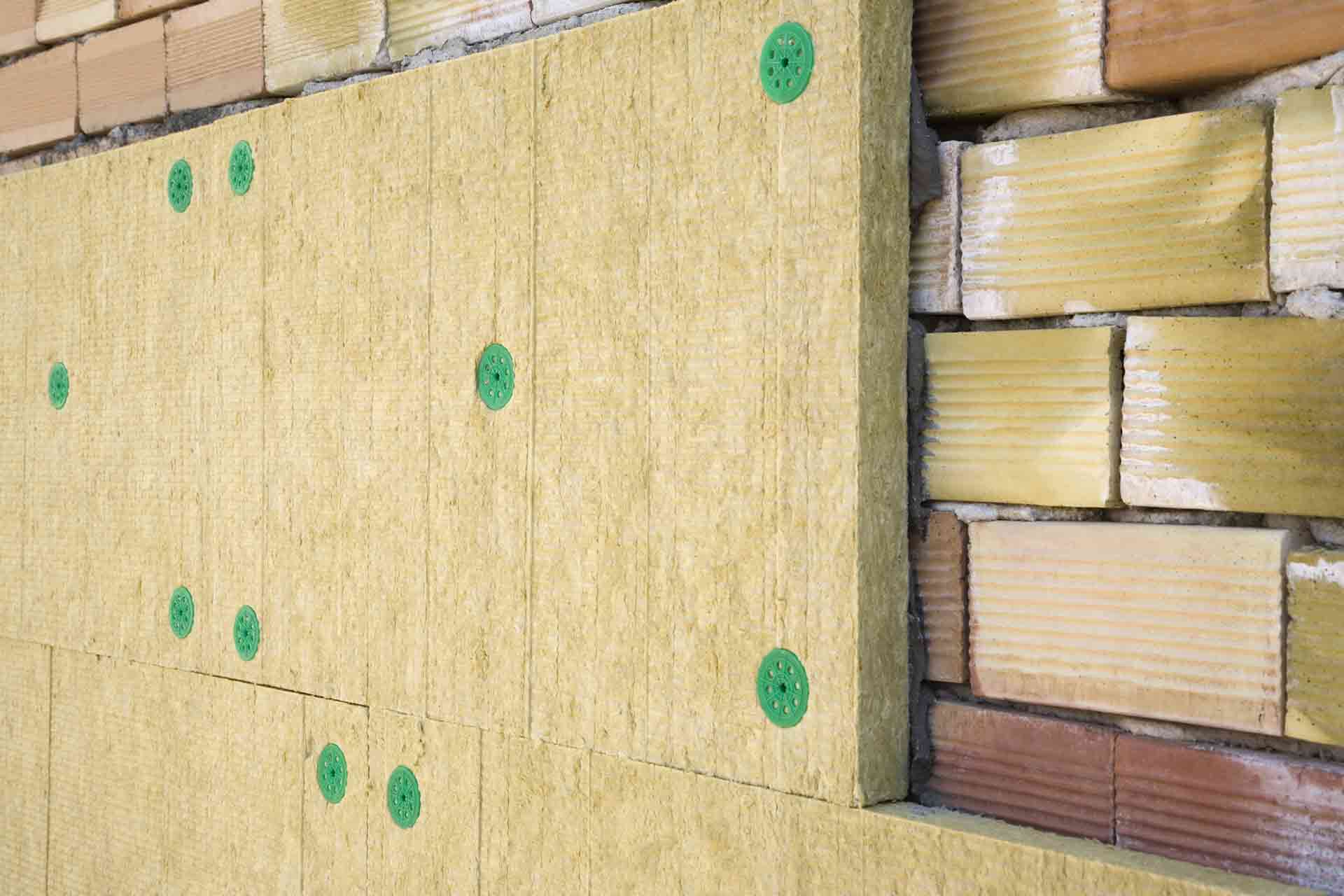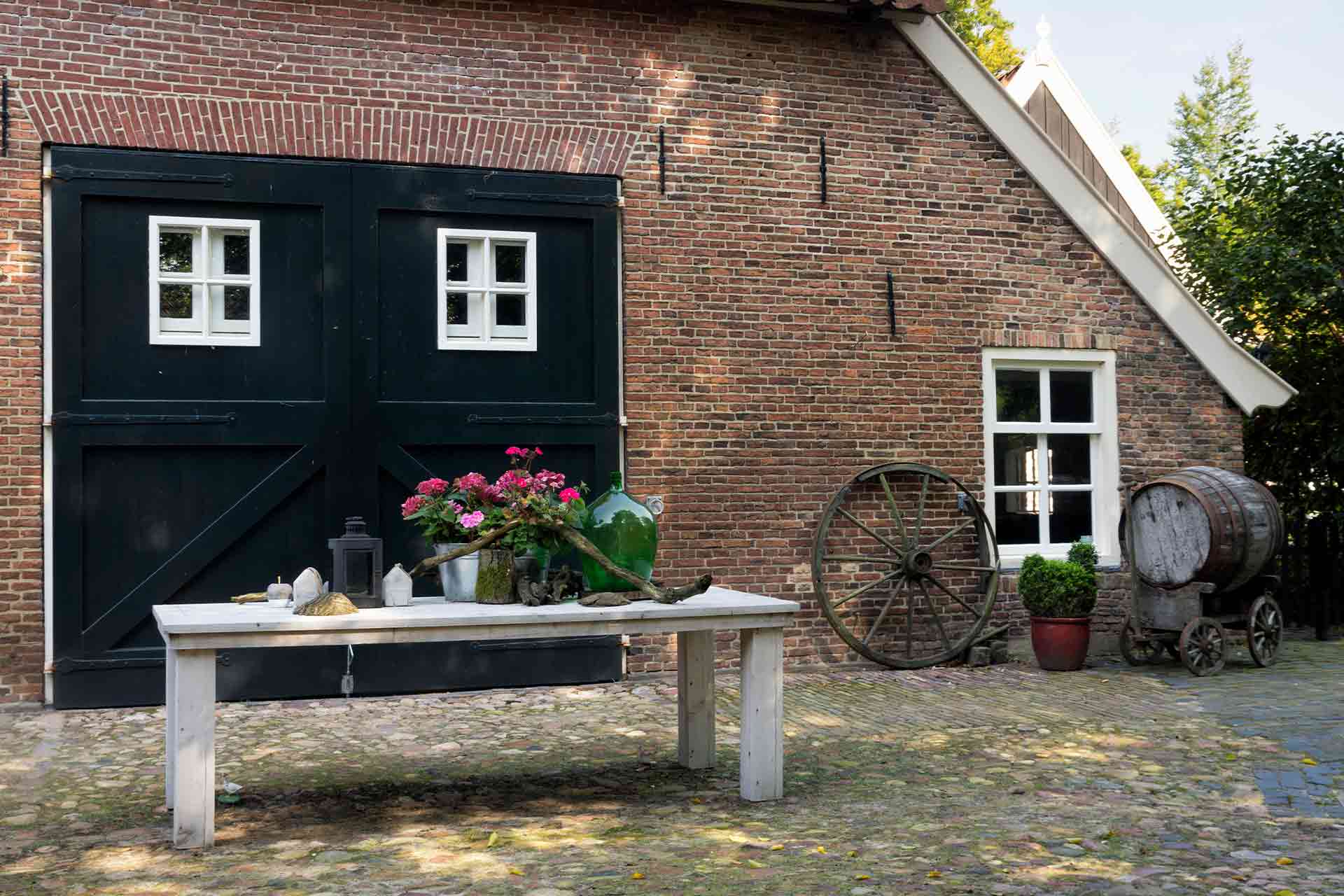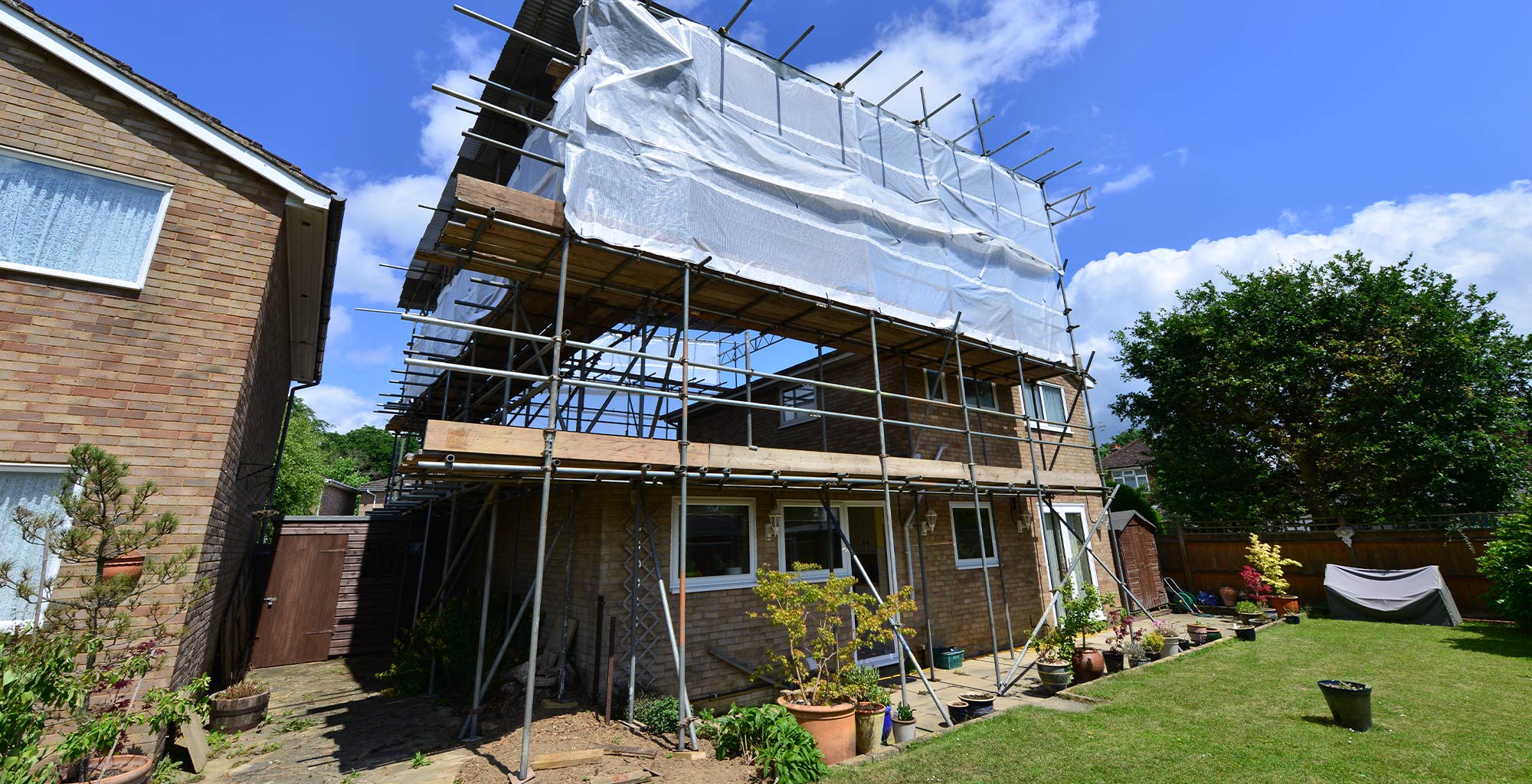Blog>Cost Guides>How much does a bat survey cost in the UK?
Last updated: 26 November 2024
How much does a bat survey cost in the UK?
If you’re planning on carrying out work to your property, it’s important to make sure that it won’t negatively affect bats or their habitats. That’s where a bat survey comes in. But how much does one cost?
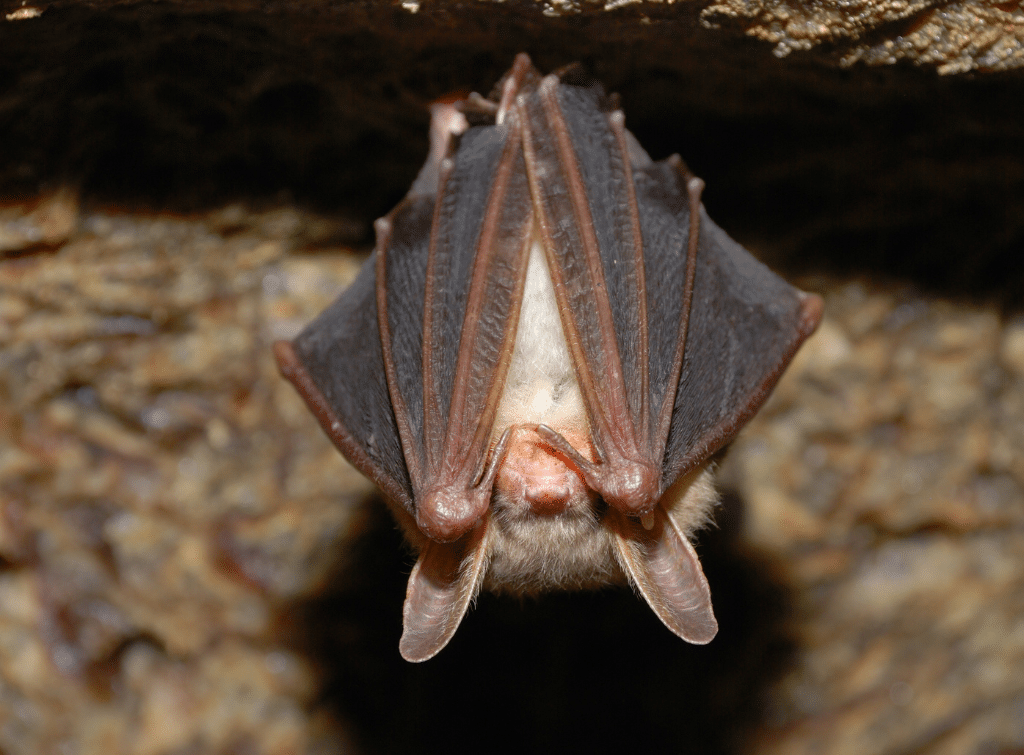
Fast Facts
The average cost of a preliminary roost assessment (PRA) is £500
If you need a phase 2 survey, this typically costs around £900
Costs can vary based on factors like the size of your property and accessibility
Bats are a European protected species (EPS), which means it’s illegal to hurt them or damage their breeding sites and resting places.
So, if you’re going to be carrying out work to your property, you must make sure that it won't negatively affect bats.
Don’t worry, a bat survey can help to confirm whether there are bats or bat habitats at your property, and help you put steps in place to work around them.
What is a bat survey and why do you need one?
A bat survey is a survey that checks for the presence of bats.
It’ll reveal what species of bats are present, estimate how many there are, identify their access points and assess how and when they’re using your building.
You’ll need one if you’re renovating, converting or modifying a building and there’s a ‘reasonable likelihood’ that bats are present.
Why?
Well, it’s illegal to cause harm to bats and their habitats.
And construction, demolition, extension and conversion proposals could all potentially negatively affect a bat roost in a building or barn.
Don’t worry, the presence of bats won’t normally prevent building works from going ahead – rather, getting a bat specialist involved will mean that bats can be accounted for in the design, schedule and budget of your project.
On the other hand, if you discover bats once work has already started, this could lead to expensive delays or even prosecution.
Often, your local planning authority will require a bat survey for certain work – so make sure to check your authority’s biodiversity checklist to find out what expert ecological advice you’ll need before submitting a planning application.

Types of bat surveys: which one do you need?
There are two main types of bat surveys: preliminary roost assessments (PRA) and phase 2 surveys.
Preliminary Roost Assessment (PRA)
A PRA should be your first port of call if you need a bat survey.
This will either rule out the presence of bats on your property – or confirm that there’s potential for bats to be present.
During the assessment, an experienced ecologist will undertake a physical inspection of your property to search for evidence of bats.
They’ll also search for ‘potential’ features that could support bats and will flag whether these need to be surveyed further – like cavity walls and missing roof tiles.
Phase 2 surveys
If your surveyor discovers bats during your PRA, you’ll need a phase 2 survey – also known as a bat activity survey.
This is a chance for an ecologist to take a closer look at the behaviour patterns of the bats on your property.
Depending on the species and the size of the habitats, your ecologist may need to conduct multiple visits, including at night, using equipment such as thermal cameras, bat detectors, radio tagging and back tracking.
If it isn’t possible to avoid negatively impacting the bats, another survey may also be conducted known as a bat emergence and re-entry survey (BERS).
These are always conducted at night and consist of ecologists recording bats entering and emerging from specific locations.
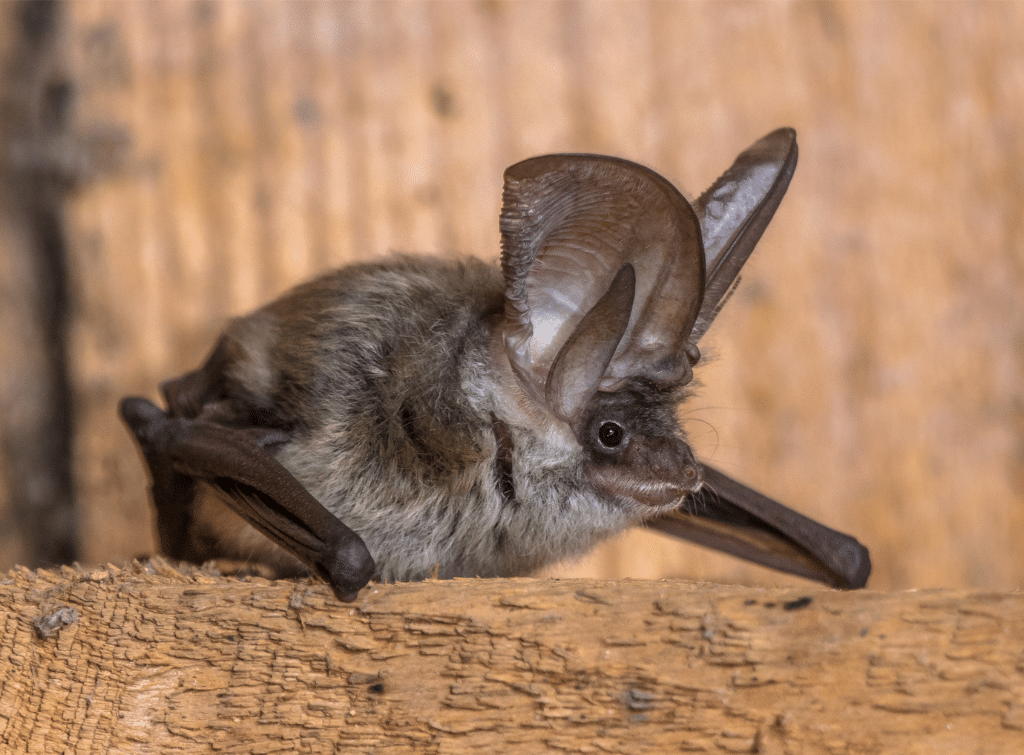
How much does a bat survey cost in the UK?
The average cost of a preliminary roost assessment (PRA) is £500.
However, if this confirms the presence of bats, you’ll also need to fork out on a phase 2 survey, which typically costs around £900.
| Item | Low | High | Average |
|---|---|---|---|
| Preliminary roost assessment/scoping bat survey | £400 | £600 | £500 |
| Phase 2 or emergence surveys | £800 | £1,000 | £900 |
| Last updated: November 2024 Our costs are ballpark averages - get a local tradesperson to quote now | |||
Just bear in mind that costs can vary based on several different factors, including:
Complexity of the survey
Size of property
Accessibility
Your location
To get an accurate bat survey cost for your needs, get a quote from a trusted ecologist near you.
See the tradespeople we've checked and recommend for your job
What’s included in the cost of a bat survey?
Exactly what’s included in the cost of a bat survey can vary from surveyor to surveyor.
However, normally, your ecologist will include the following in your PRA:
Examine the outside of your property with binoculars and torches
Take photos of findings
Look for evidence inside the property, including entering lofts and cellars as far as it’s safe to do so
Look into crevices with an endoscope
Collect samples of any bat droppings
Take notes about nesting birds
Assess how suitable the structure is for roosting bats
Provide a detailed report of findings
Recommend further surveys if required
Advise how you could work around any bats found, in line with national planning policy
This typically takes somewhere between an hour and half a day.
Always talk to your surveyor to get a clear understanding of what’s included in the cost before booking the work. That way, you can make sure there are no surprises down the line.
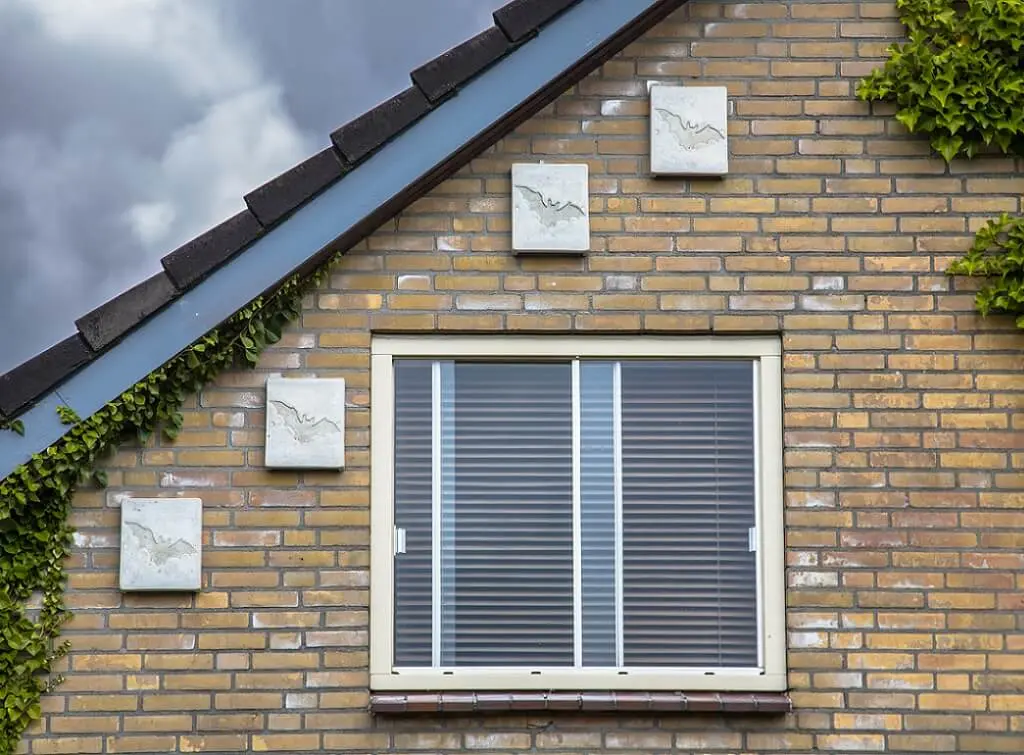
How to choose a reputable bat surveyor
It’s vital that a qualified ecologist with a bat survey licence carries out your bat survey.
This indicates that your surveyor has the training, skills and qualifications needed to carry out this kind of work – and it permits them to lawfully disturb bats safely.
Plus, if it turns out that your ecologist isn’t competent enough, your report could be rejected by your local authority
Don't worry. All professionals have to pass up to 12 checks to get a listing on Checkatrade, and they regularly receive reviews from homeowners on everything from punctuality to professionalism.
See the tradespeople we've checked and recommend for your job
When should you book your bat survey?
You can book your preliminary roost assessment (PRA) at any time of year.
However, if your surveyor lets you know that you need a phase 2 survey, these should only ever be conducted between May and September.
This is because this is when bats are most active. It will allow your surveyor to get the most accurate picture of bat activity at your property.
With this in mind, it’s important to plan ahead – especially if you’re applying for planning permission.
The last thing you want is to narrowly miss the window and have to wait until next year to complete phase 2 of your bat survey!
Book your bat survey with Checkatrade
Ready to book a trusted and qualified bat surveyor near you?
You’re in the right place.
At Checkatrade, we carefully vet and check all our tradespeople to make sure they have the qualifications and expertise needed for the job.
In fact, we even check the reviews they receive to make sure they’re from real people!
Not only that, but we’re so confident in the quality of the trades on Checkatrade that if you book through us, we guarantee their work up to £1,000 (guaranteed for 12 months – Eligibility and T&Cs apply).
So, if you're planning a project that might require a bat survey, what are you waiting for? Book a trusted and qualified bat surveyor on Checkatrade today to ensure your project meets legal requirements.
See the tradespeople we've checked and recommend for your job
FAQs
Can I do a bat survey myself?
No! You'll need a qualified ecologist who has a bat survey licence to conduct your bat survey. This allows them to lawfully disturb bats safely.
Plus, your local authority could reject the report if it's not completed by a competent person.
What happens if bats are found in my property?
If bats are found at your property, you’ll need to try and alter your project to prevent it from impacting on existing bat species.
Alternatively, if this isn’t possible, you’ll usually need to put a mitigation scheme in place. This might involve measures like:
Changing the timing of work to avoid bats
Installing bat boxes
Constructing a building or roof feature designed for bats
Restoring or improving existing roosts
A lot of mitigation work needs a bat licence, but your ecologist can advise you on the best route forwards.
How long do bat surveys last?
Bat surveys are usually only valid for one or two years, as bats may find new roosts with each new season.
See the tradespeople we've checked and recommend for your job
More Cost Guides
See the tradespeople we've checked and recommend for your job


